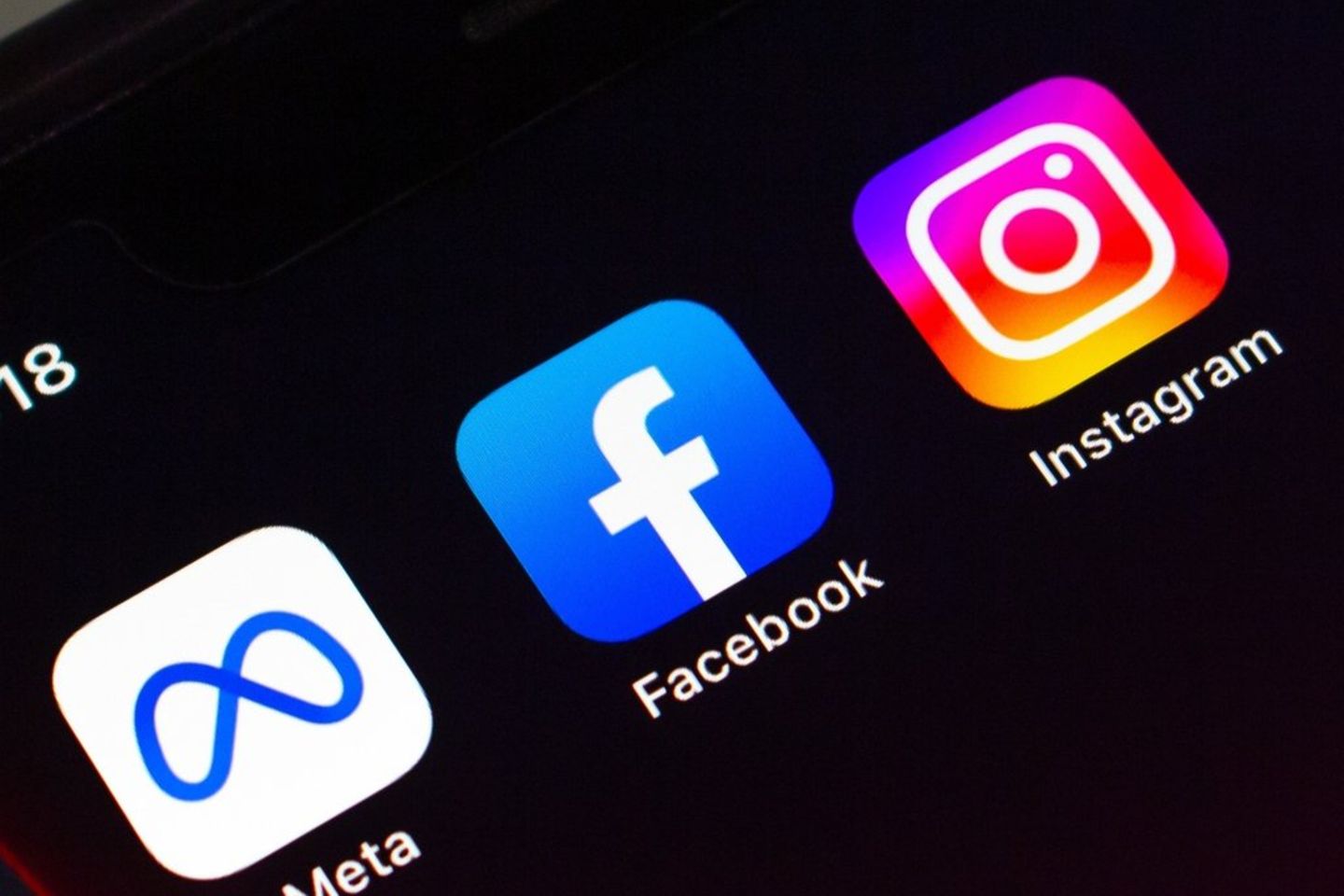Now Facebook and Instagram also cost
What users will have to prepare for in the near future
According to court orders, parent company Meta is not allowed to simply combine the data of its Instagram and Facebook users for advertising purposes.
© Koshiro K/Shutterstock.com
In the future, Meta will charge a subscription fee for the ad-free versions of Facebook and Instagram. How deep you have to dig into your pockets for this.
Meta leads on its two social media giants Instagram and Facebook offers a subscription model that allows users to deactivate advertising on the pages. This is in compliance with the changed data protection regulations in Europe, argues Mark Zuckerberg’s group (39). How much the subscription costs and what is behind the measure.
The change affects users in the European Union as well as Iceland, Liechtenstein, Norway and Switzerland. Since the beginning of November, Facebook and Instagram users have had the option in their customer center to choose between free use of personalized services with advertising or purchasing a subscription to deactivate advertising.
The monthly costs for this, depending on the platform, are €9.99/month for web use and €12.99/month for iOS and Android. Anyone who wants to use both services without advertising will pay an additional six euros on web platforms and eight euros more on mobile platforms from March 1, 2024. From March next year, ad-free use of Facebook and Instagram on a smartphone will cost an impressive 21 euros per month; for the web version it is 16 euros.
How Meta justifies the move
The company justifies the step in a blog post with the changed European data protection laws and the associated higher costs. These are de facto passed on to the end customers. Because they wanted to offer their products to as many people as possible at the same time, they decided on the path they have now taken.
In particular, the bundling of data from multiple platforms under the umbrella of a parent company requires the express consent of the users. Just at the beginning of the year, the Irish data protection authority fined Meta 390 million euros in this context. In the future, Meta will completely waive the processing of this data for personalized advertising for customers who pay for it.
Already in August, Meta announced that it wanted to comply with the European General Data Protection Regulation and ask users to consent to the processing of collected data for advertising purposes. However, because this did not happen, the Norwegian data protection authority put pressure on the EU to block Meta’s offerings in the worst case scenario. Brussels followed the argument and gave the Zuckerberg empire a 14-day deadline to adjust data protection accordingly. Meta’s announcement of the new subscription models for Instagram and Facebook followed on the same day. Meta has so far remained tight-lipped about the extent to which the changes could make a European restart possible for the short message service Threads.
Facebook with advertising: What changes does this?
Users who continue to opt for free use will retain their usual experience, and the tools and settings provided by Meta to control the advertising experience will remain in place, the company assures. Advertisers, however, would still have the opportunity to run personalized advertising campaigns in Europe and reach users who opt for the ad-supported version of the online service.
